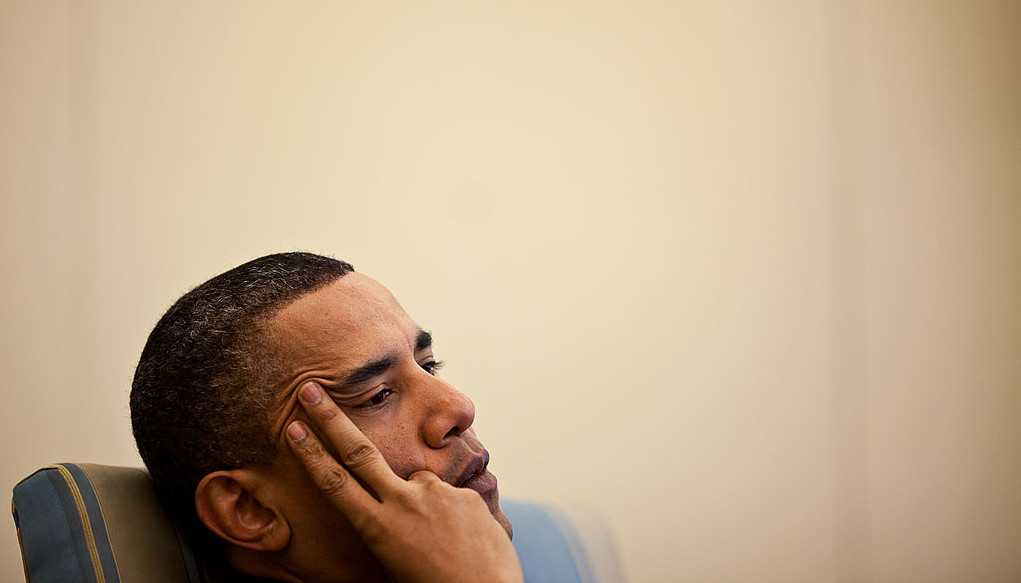As an election cycle rolls on, polls from some of the nation’s most elite universities indicate a strong lean to the left, although slightly less strong than was the case in 2008. And while there’s no question that many Ivy Leaguers will cast a ballot for the president this November, the map of politics in elite colleges has been shaped by a wide variety of opinions and initiatives that complicate an otherwise foreseeable voting profile.
First, the numbers: a poll last spring by the Brown Daily Herald revealed that almost 80 percent of students at Brown approve of President Obama’s job, reflecting similar numbers as a 2008 BDH poll indicating that 86% of Brown’s voting bloc checked off the Obama box that year. Other Ivies offer similar stats: Obama’s approval rating at Penn hovers at eighty percent, and its lowest reported rating in the Ivies was barely below that – high seventies, according to Dartmouth’s Dartblog. Dartmouth hosted a debate among GOP primary candidates last January.
Despite these numbers, support for Obama hasn’t gone unchallenged, with conservative groups contributing to dialogue and reaching out to voters on and off campus. Republican groups at Penn and Dartmouth have begun to campaign heavily for local votes in Pennsylvania and New Hampshire, where polls indicate a slimmer margin than in other states in the region. Dartmouth hosted a GOP primary debate last January, and Congressional candidates for both parties have made stump speeches and public appearances at a variety of schools across New England.
Likewise, campus Democrats from across the region have also poured their energy into New Hampshire, the region’s only real battleground state, in order to curry support for President Obama.
Despite this diversity, the Ivy League clearly reflects a more left-leaning cohort of student voters than the nation at large. According to a 2012 Panetta Institute poll, around sixty percent of eligible American college students indicate that they’ll vote to reelect President Obama, while only a quarter of voters on college campuses have indicated any level of disapproval with the president’s first term – safe numbers for Obama indeed, but a little less unanimous than is the case at Brown and other Ivies.
Nationwide, preference for Congressional candidates along party lines were more even, as 49% of respondents indicated they’ll vote for a Democratic candidate and 30% for a Republican.

Interesting….I wonder what explains the discrepancy between generic Congressional support and support for President Obama.